It Takes A Village: Top 10 Quantum Partnerships of 2024

Bringing quantum technology to full realization is no solo endeavor; it thrives at the intersection of minds, institutions, and industries. The progress we’ve seen in 2024 exemplify a fundamental truth: collaboration is the lifeblood of quantum progress. From partnerships in quantum hardware to alliances centered around real-world applications, this year has proven that the road to innovation is best traveled together.
While it’s difficult to quantify the true impact of a partnership—whether measured in achievements or in the potential it unlocks—this curated list highlights collaborations that have sent ripples through the quantum community. It’s also important to note, this is a non-exhaustive list.
As we prepare for 2025, these stories reflect the importance of collective effort in advancing exponential technologies, providing a blueprint for what’s possible through united fronts.
PsiQuantum Announces it Will Anchor Governor J.B. Pritzker’s Illinois Quantum And Microelectronics Park in Chicago
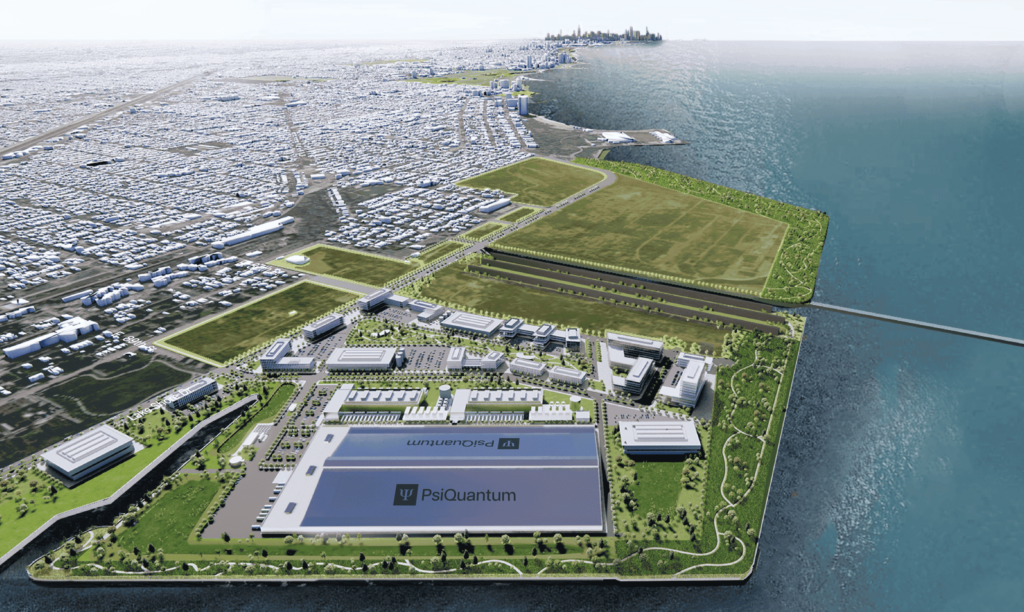
PsiQuantum partnered with the State of Illinois, Cook County, and the City of Chicago to anchor the newly established Illinois Quantum and Microelectronics Park. This $500M initiative will build the first U.S.-based utility-scale, fault-tolerant quantum computer, supported by a Cryogenic Plant and a 300,000-square-foot Quantum Computing Operations Center. The partnership includes collaboration with academic institutions like UIUC, University of Chicago, and Northwestern to advance quantum research and workforce development.
IBM Announces Qiskit Functions with Partners Algorithmiq, Qedma, QunaSys, and Q-CTRL

IBM Quantum launched the Qiskit Functions Catalog, a platform designed to simplify and accelerate quantum algorithm development by offering pre-built functions for circuit optimization and application-specific tasks. Announced during IEEE Quantum Week, the catalog includes both IBM-developed functions and contributions from partners like Q-CTRL, QunaSys, Qedma, and Algorithmiq, catering to Premium Plan users. The catalog enables developers to abstract away complex quantum programming steps, such as error mitigation and circuit optimization, while offering tools like AI-powered transpilation and chemistry solvers.
Microsoft-led Team Achieves Record for Reliable Logical Qubits in Quantum Computing
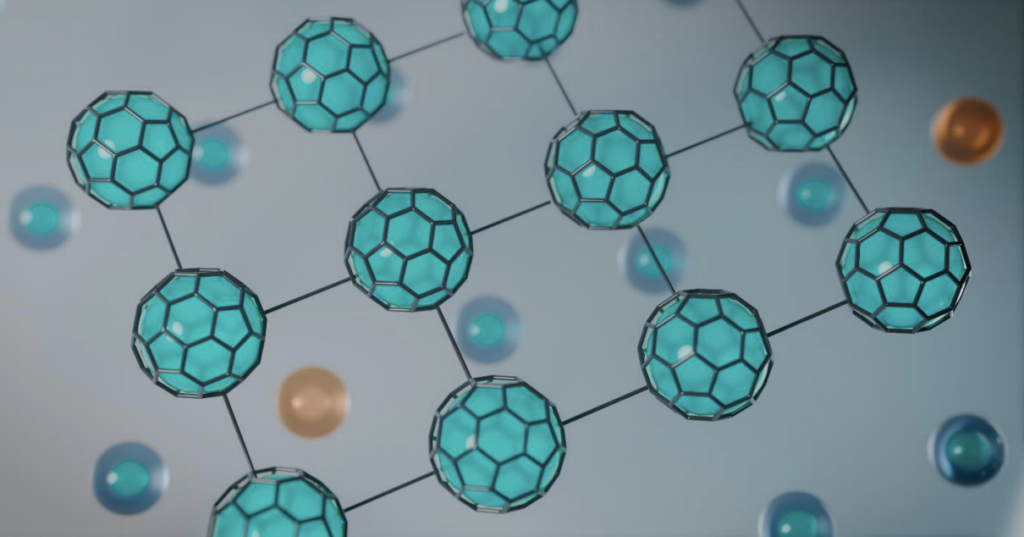
Microsoft, in collaboration with Quantinuum, achieved a milestone in quantum computing by entangling 12 logical qubits with record-breaking fidelity, improving error rates 800x compared to physical qubits. This advancement demonstrates scalable quantum error correction, enabling more reliable quantum computing for complex applications like chemical simulations. Leveraging Quantinuum’s H2 quantum computer and a fault-tolerance scheme, Microsoft reduced logical error rates significantly while showcasing practical hybrid quantum-classical applications through Azure Quantum. T
IonQ Announces $54.5 Million Contract with United States Air Force Research Lab

IonQ secured a $54.5 million contract with the U.S. Air Force Research Lab to develop scalable, networked, and deployable quantum systems, bringing its year-to-date bookings to $72.8 million. This four-year project focuses on advancing quantum networking capabilities, including compatibility with existing telecommunications infrastructure and interoperability across quantum devices. IonQ’s partnership with AFRL highlights its growing role in national defense and quantum innovation.
QuEra and Massachusetts Administration Fund $16 Million Neutral Atom Quantum Computing Complex

The Healey-Driscoll administration allocated nearly $5 million to establish a Quantum Computing Complex at the Massachusetts Green High Performance Computing Center in Holyoke, in collaboration with QuEra Computing, which is contributing $11 million. This $16 million, two-year project will deploy a state-of-the-art neutral atom quantum computer, facilitating open-access research, hardware innovation, and hands-on training for students. The complex will leverage existing infrastructure to make the quantum computer accessible to researchers and support user-driven innovation in quantum algorithms and hardware.
Nu Quantum Partners with CERN’s White Rabbit to Advance Data-Center Scale Quantum Networks
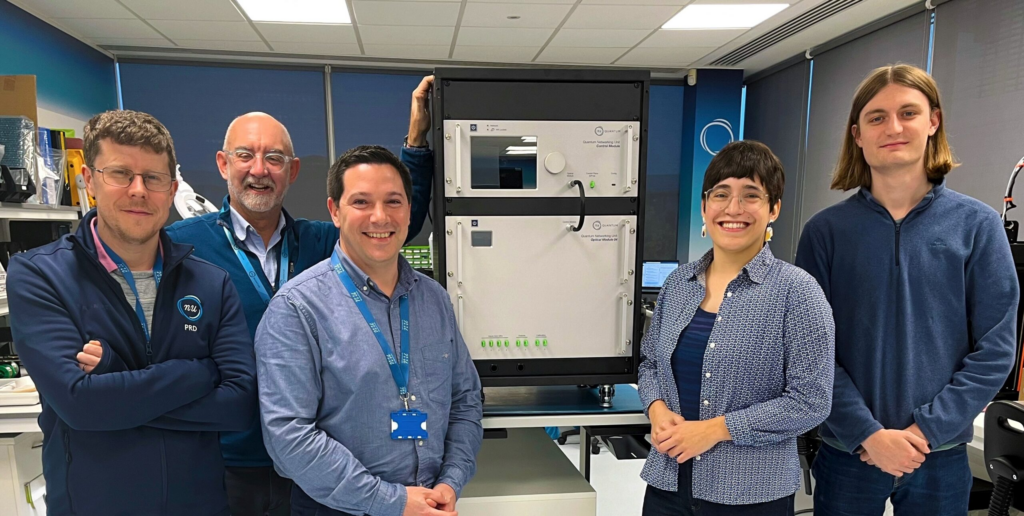
Nu Quantum partnered with CERN’s White Rabbit technology to develop highly synchronized, data-center-scale quantum computing networks, becoming the first quantum industrial partner in the WR Collaboration. They are previewing their Quantum Networking Unit, which connects multiple quantum nodes for distributed quantum computing, at the National Quantum Technology Showcase, with full system delivery expected by March 2025. The QNU leverages WR’s sub-nanosecond timing precision to enable entanglement and scalable quantum networks, while its modular design supports various qubit modalities and future photonic advancements.
Oxford Ionics And Quanscient Partner With Airbus to Develop Quantum Computing Applications For Fluid Dynamics Modeling

Oxford Ionics, Quanscient, and Airbus partnered under the UK’s National Quantum Computing Centre’s SparQ programme to explore quantum simulations for computational fluid dynamics in aerospace. This collaboration leverages Oxford Ionics’ advanced quantum hardware with Quanscient’s algorithms to improve accuracy and reduce computational costs for applications like airfoil design and vehicle aerodynamics. Oxford Ionics’ patented ‘Electronic Qubit Control’ technology enables scalable quantum computing on semiconductor chips, setting records in qubit performance.
UNICC and Quantum Delta NL Partner to Leverage Quantum Technologies for Advancing UN Sustainable Development Goals
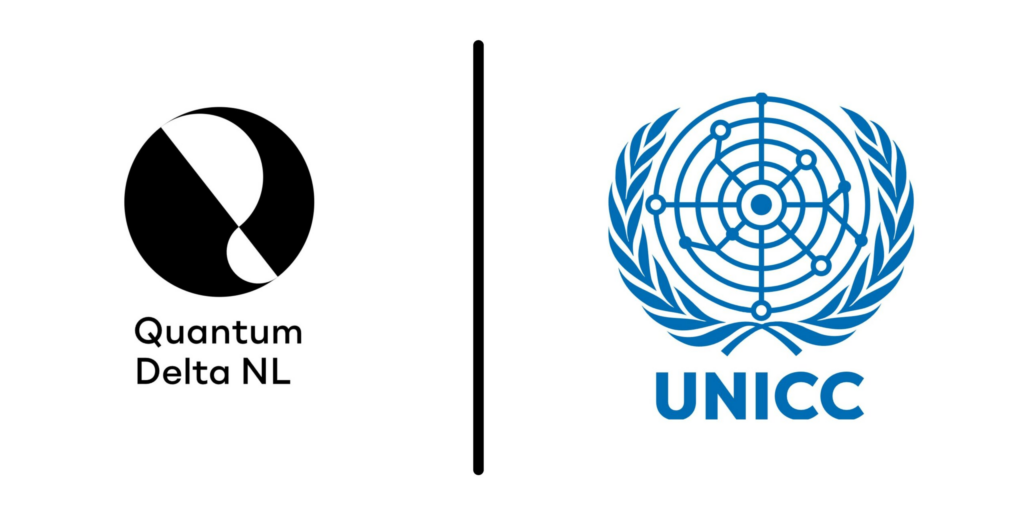
The United Nations International Computing Centre and Quantum Delta NL partnered to explore quantum technologies to advance the UN Sustainable Development Goals. The collaboration, launched at the “Quantum for Good” event, focuses on identifying practical quantum use cases, raising awareness across the UN system, and implementing prioritized quantum projects for UNICC partners. A follow-up conference in November 2024 will establish a work plan for the UNESCO International Year of Quantum Science and Technology 2025, with intentions to demonstrate tangible results by the year’s end.
NVIDIA Accelerates Google Quantum AI Processor Design With Simulation of Quantum Device Physics
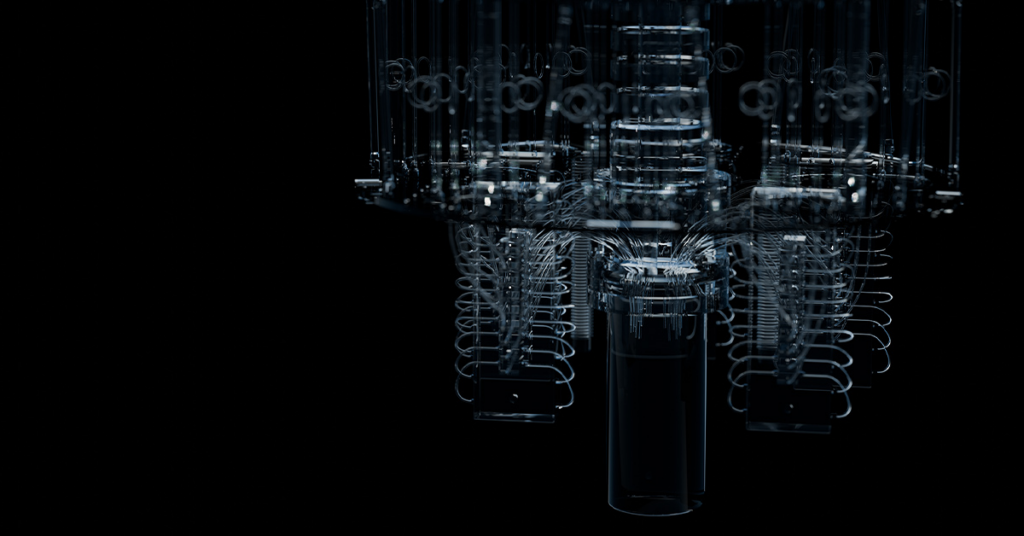
NVIDIA partnered with Google Quantum AI to simulate next-generation quantum processors using the NVIDIA CUDA-Q platform and the NVIDIA Eos supercomputer. With 1,024 NVIDIA H100 Tensor Core GPUs, Google is conducting advanced simulations of 40-qubit devices to facilitate the study of noise effects in quantum hardware. These simulations, traditionally computationally expensive, now run in minutes instead of weeks, enabling scalable and noise-resilient quantum system design. The CUDA-Q platform will make this powerful simulation software publicly available, supporting quantum hardware engineers worldwide.
Aramco Partners With Pasqal To Deploy First Quantum Computer In The Kingdom Of Saudi Arabia
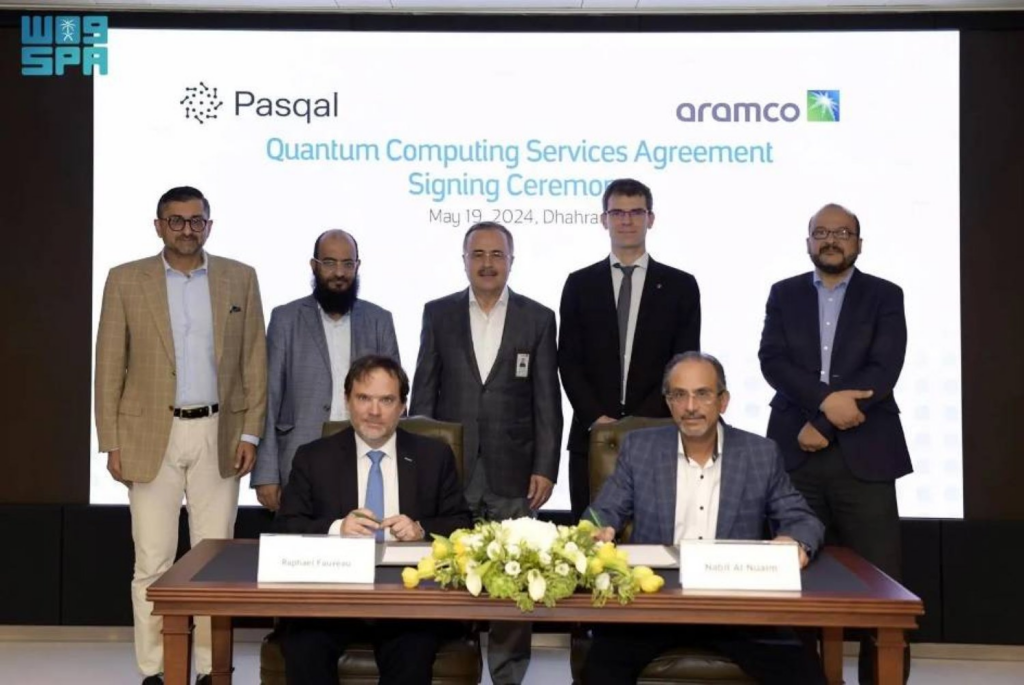
Aramco partnered with Pasqal to install the first quantum computer in Saudi Arabia, a 200-qubit system scheduled for deployment in the second half of 2025. Initially operating in analog mode, the system will be upgraded to a hybrid analog-digital mode for solving more complex problems. This collaboration intends to explore quantum computing applications in the energy sector and foster quantum research within the Kingdom, involving academic institutions to develop innovative algorithms.
